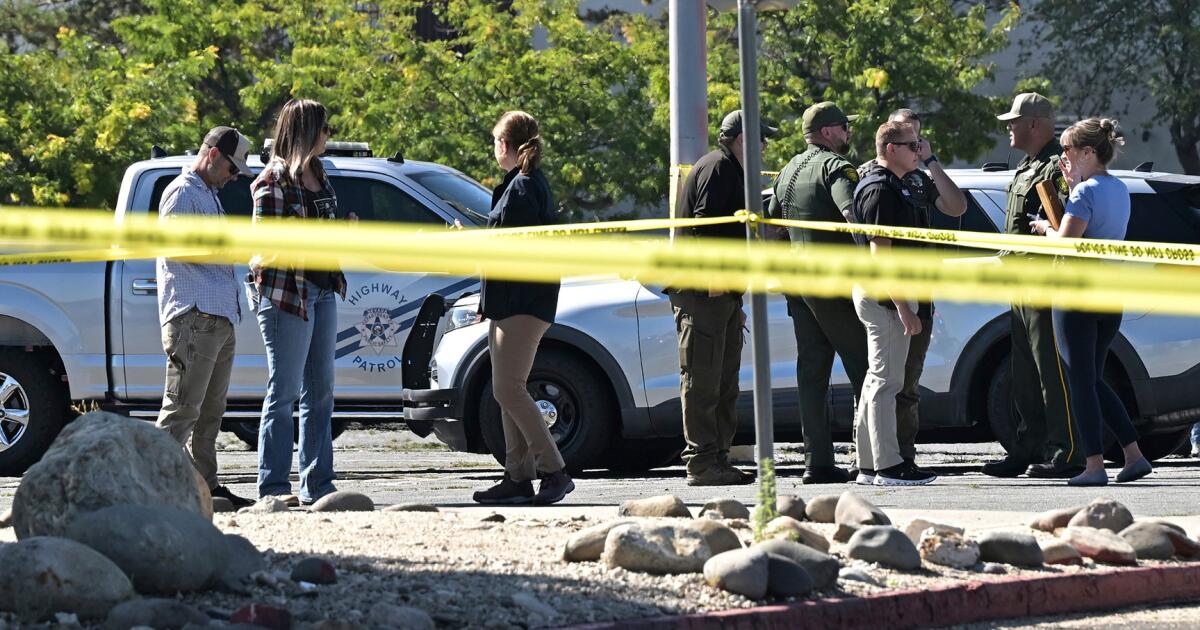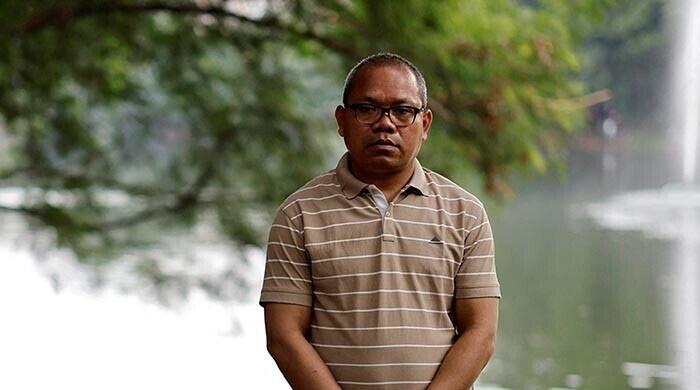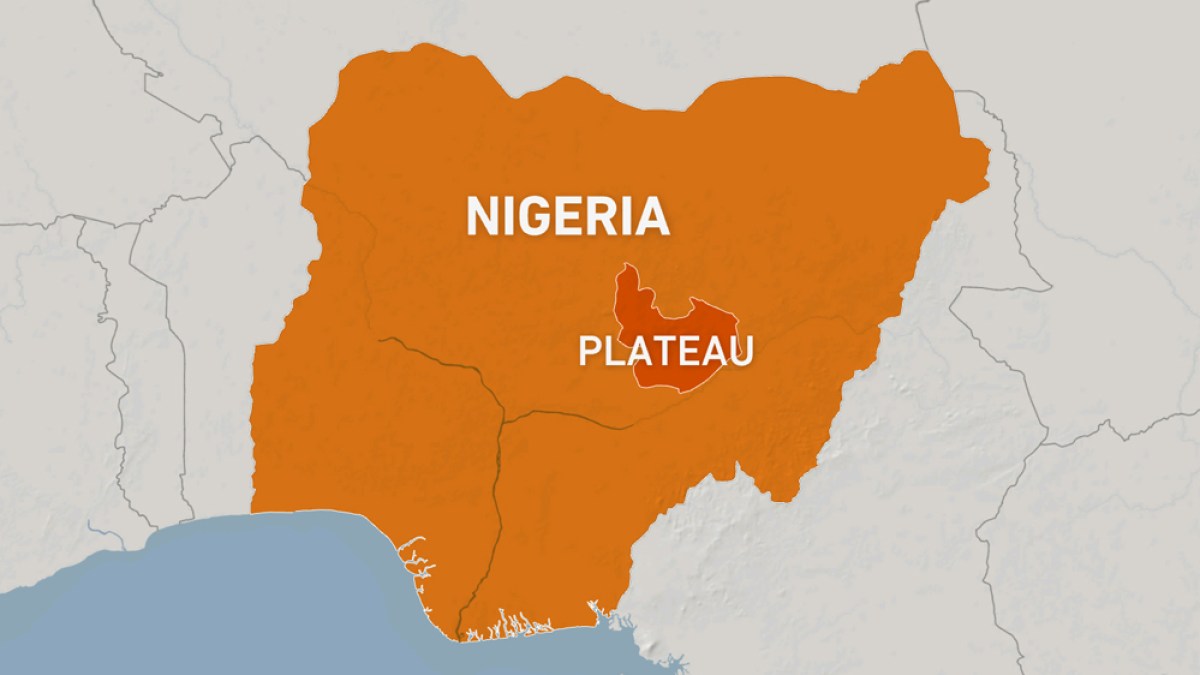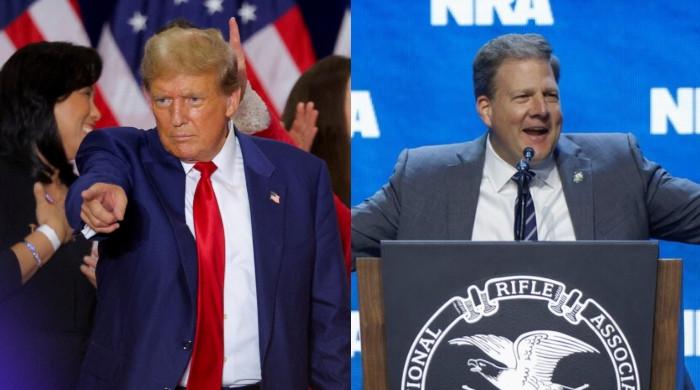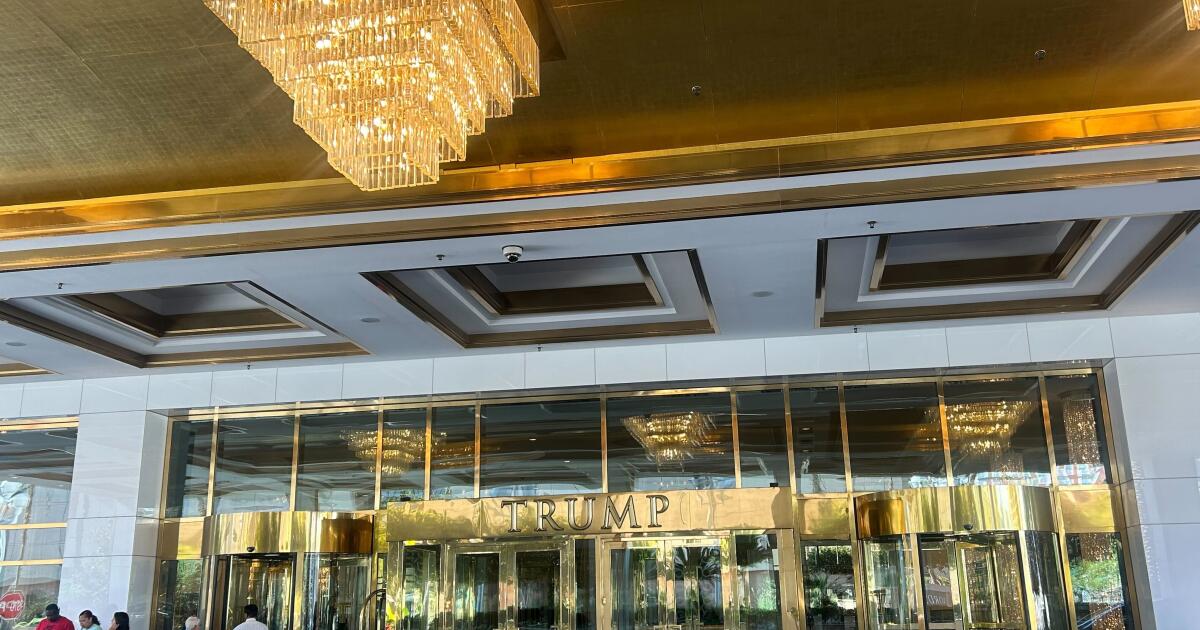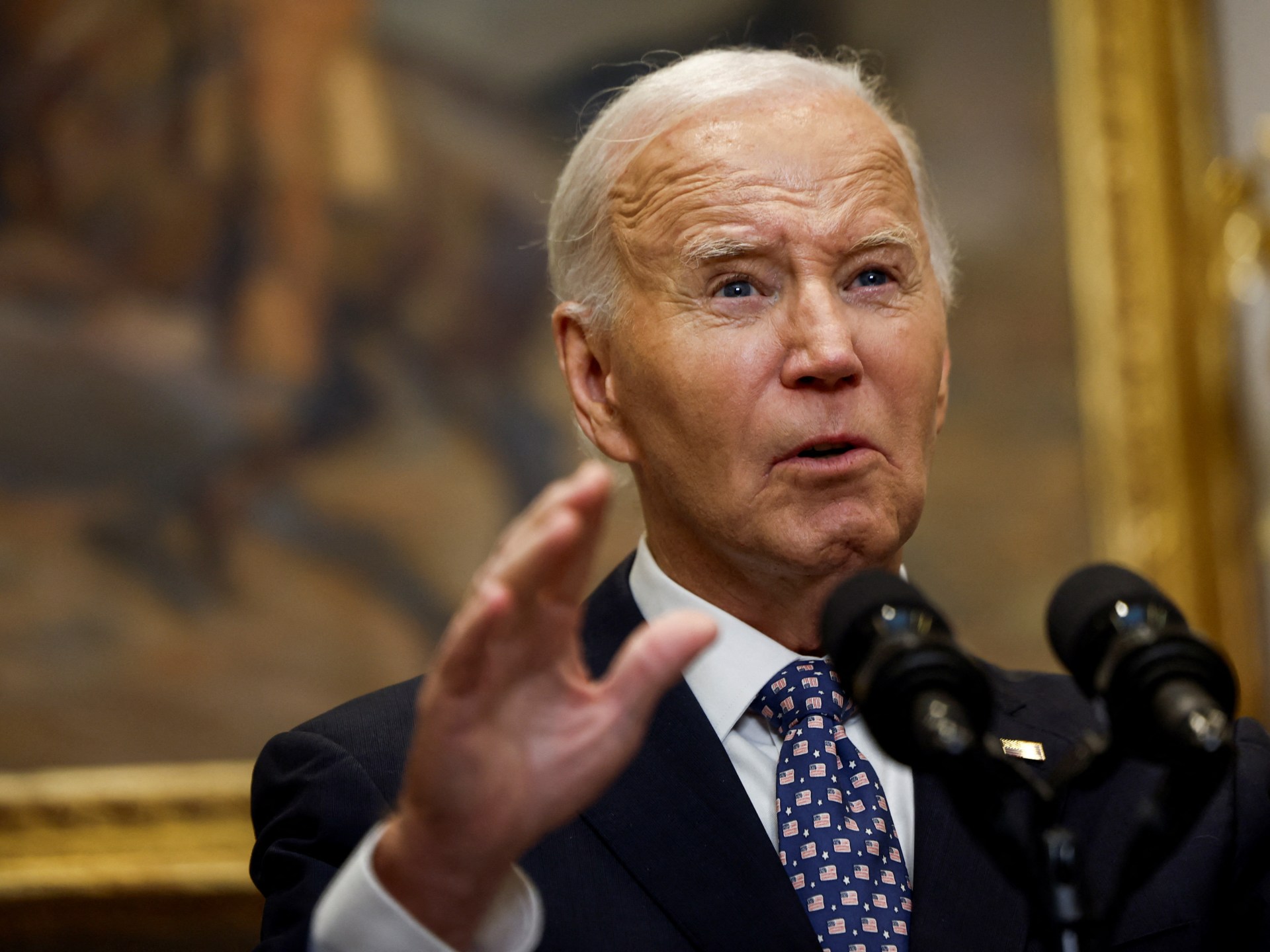While the Golden State's Democratic leanings in the presidential race are well known, California is home to several key districts that make the state crucial this year in determining which party controls the U.S. House of Representatives.
In addition, voters will elect a new U.S. senator, decide on several ballot measures and participate in numerous local elections.
Here's what you need to know:
When are the elections?
Election Day is Nov. 5, but in California it's really election month, as the state's 22.2 million registered voters will receive their ballots in the mail, scheduled to go out Oct. 7.
What are voters deciding?
The presidential race between Democratic Vice President Kamala Harris and Republican former President Trump is at the top of the list and getting most of the attention. Californians will also decide whether they want Democratic Rep. Adam B. Schiff of Burbank or Republican former Dodgers star Steve Garvey to fill the Senate seat held for decades by Democrat Dianne Feinstein, who died last year.
Since California's statewide electorate is overwhelmingly Democratic (a Republican hasn't won statewide since 2006), these races aren't very competitive.
But California could determine control of Congress. Ten House races in the state are rated as competitive by the nonpartisan Cook Political Report, with the most hotly contested districts in Orange, Los Angeles and Riverside counties and the Central Valley. The Republican and Democratic parties and outside groups are pouring millions of dollars into the state to try to influence these contests.
Voters will also weigh in on 10 statewide ballot measures.
The most controversial is Proposition 36, which would increase penalties for some theft- and drug-related offenses, an attempt to reverse parts of an earlier voter-approved ballot measure, Proposition 47, that sought to reduce prison overcrowding by reducing some felonies to misdemeanors. Many law enforcement officials have blamed that 2014 initiative for rising homelessness and crime in California.
Voters will also be asked to raise the state’s minimum wage to $18 an hour with Proposition 32 and sign two $10 billion bonds: one to build and modernize K-12 schools and community colleges (Proposition 2) and another to respond to climate change with funding for flood control and fire protection (Proposition 4).
Other state measures ask voters to reaffirm the right to same-sex marriage, limit forced labor in prisons, make permanent a tax on managed care plans set to expire in 2026 and restrict how health care providers, notably the AIDS Healthcare Foundation, can spend prescription drug revenue.
Voters will elect 100 state lawmakers to represent them in Sacramento — 80 Assembly members and half of the 40-member state Senate. Democrats are likely to maintain veto-proof supermajorities in both chambers, but voters are willing to send many new people to the Legislature this year because of the unusually large number of races without an incumbent.
What about the Los Angeles County and Los Angeles City elections?
Los Angeles County residents will elect candidates for municipal, judicial and school board seats.
The race attracting the most attention is the one between Los Angeles County District Attorney George Gascón and his challenger Nathan Hochman: a referendum on criminal justice policy.
Voters will also be asked whether to double the quarter-cent sales tax for homeless people that is set to expire in 2027 (Measure H). If approved, the new tax, which would fund affordable housing, rental assistance and programs to help prevent and reduce homelessness, would remain in effect unless voters repeal it.
Also on the ballot are proposals to expand the county Board of Supervisors from five to nine members and to elect the county executive (Measure G).
In the City of Los Angeles, voters will be asked whether to create an independent redistricting commission for the Los Angeles City Council (Charter Amendment DD) and the Los Angeles Unified School District Board of Education (Charter Amendment LL), in the wake of leaked audio of city leaders making racist comments while discussing redistricting boundaries. A Charter Amendment would also strengthen the Ethics Commission (Charter Amendment ER).
There are also three City Council races on the ballot, including the contest between former state Assemblyman Adrin Nazarian and small-business owner Jillian Burgos to replace City Council Speaker Paul Krekorian, who has been in office for 15 years. Councilmembers Kevin de León, who was among the city leaders caught making disparaging comments on the leaked audio, and Heather Hutt, who was appointed to replace Mark Ridley-Thomas after he was indicted and later convicted in a federal corruption case, are seeking reelection against challengers Ysabel J. Jurado, a tenants’ rights attorney, and Grace Yoo, an attorney and neighborhood council member, respectively.
How can I check if I am registered to vote?
Californians can check their status online with their driver's license or state ID number or the last four digits of their Social Security number here.
Can I still register to vote?
The deadline to register to vote is October 21. You can register online here.
Paper applications are available at county election offices, libraries, DMVs, or post offices. You may also request one by mail by calling (800) 345-VOTE(8683) or emailing Elections Division StaffPaper applications must be postmarked or submitted to a county elections office 15 days before the election, which is Oct. 21.
People who miss the deadline can register as conditional voters. Information on how to register can be found here.
Where can I find a voter guide?
The state and county will mail guides to all registered voters. You can view the state-issued guide online here.
Can I vote if I don't have a permanent address?
Homeless individuals, those living off the grid, and others without a permanent address are eligible to vote as long as they are U.S. citizens and California residents who are 18 or older, are not serving time for a felony conviction, and are not deemed mentally incompetent by a court.
People without permanent addresses can receive voting materials at shelters, post office boxes and businesses, although they cannot register to vote with post office box or business addresses.
Voters displaced by the wildfires can request to have their mail-in ballot sent to another address by calling their county elections office or visiting registertovote.ca.gov. Even if they set up mail forwarding with the Postal Service, their mail-in ballots will not be forwarded unless they change their address with election officials.
Every voter has the right to cast their vote in person on Election Day.


